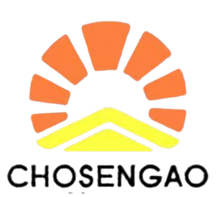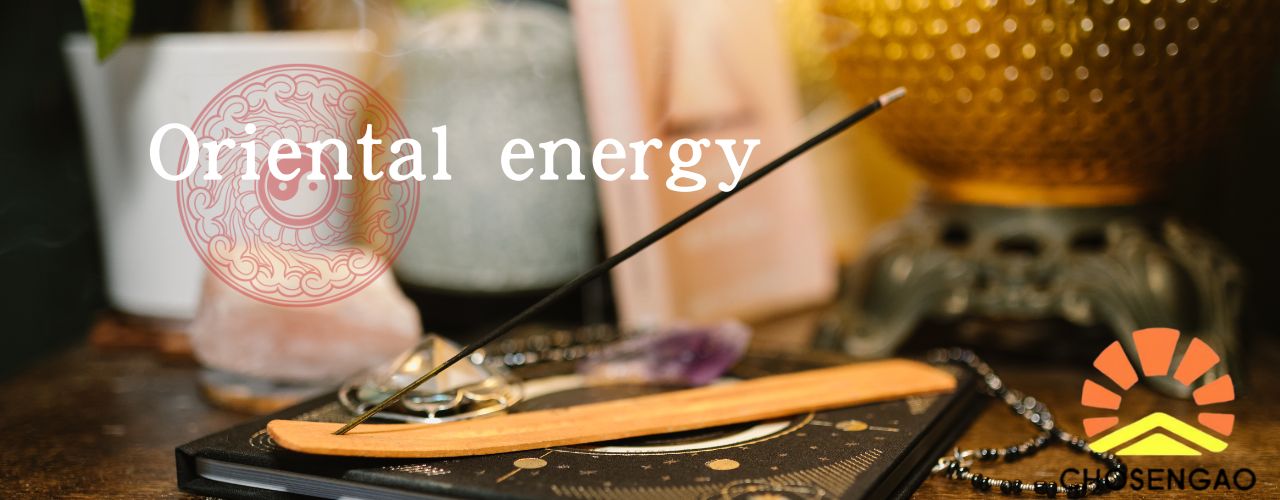Feng shui has existed since ancient times and is an integral part of traditional Chinese culture. Its authenticity is reflected in the following aspects:
✅ Thousands of years of historical legacy: Feng shui originated during the time of the Yellow Emperor, developed through the Zhou and Han dynasties, and was refined during the Tang and Song dynasties. It has been applied in the design of imperial palaces, tombs, residences, and city planning. Many significant historical structures were built according to feng shui principles.
✅ Empirical verification through practice: Over generations, feng shui masters have accumulated practical experience and developed unique methods of evaluation, such as “storing wind and gathering qi,” “embraced by mountains and surrounded by water,” and “a spacious and open bright hall.”
✅ Widespread modern application: Even today, many businesspeople, real estate developers, and entrepreneurs consult feng shui experts for site selection, office layout, and even to improve interpersonal harmony and enhance business fortune.
Feng shui is not a natural science in the strict modern sense (such as physics or chemistry), but it does contain several "scientific elements" that can be interpreted through psychology, environmental science, and architecture.
✅ Environmental Psychology Aligns with Feng Shui
-
Spatial layout affects mood and efficiency: Well-lit spaces with smooth traffic flow and harmonious colors contribute to mental well-being and improved productivity.
-
Natural elements reduce stress: Green plants and the sound of flowing water have been scientifically proven to relax the nervous system and enhance focus — concepts that align with feng shui ideas like "vital energy (sheng qi)" and "gathering water to attract wealth."
✅ Common Ground Between Architecture and Feng Shui
Feng shui emphasizes principles such as "facing south," "good ventilation and natural lighting," and "avoiding negative structures and maintaining open views." These closely align with fundamental architectural design standards and principles of human comfort.
✅ Energy Fields and Resonance (Still an Emerging Field)
Some feng shui practitioners believe that the “qi” in an environment resembles energy fields or frequency resonance. While this is not yet fully measurable in modern science, it has certain overlaps with theories of environmental energy fields and vibrational influences.



